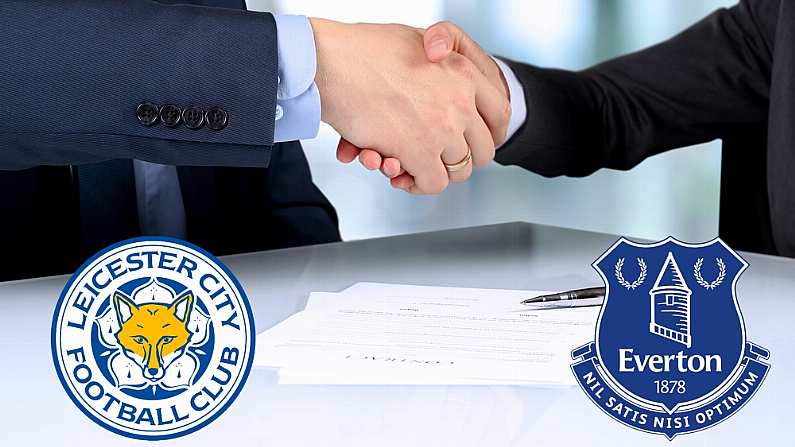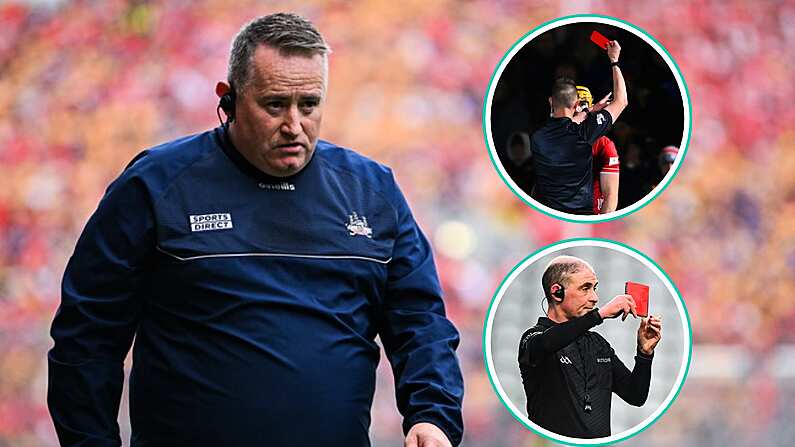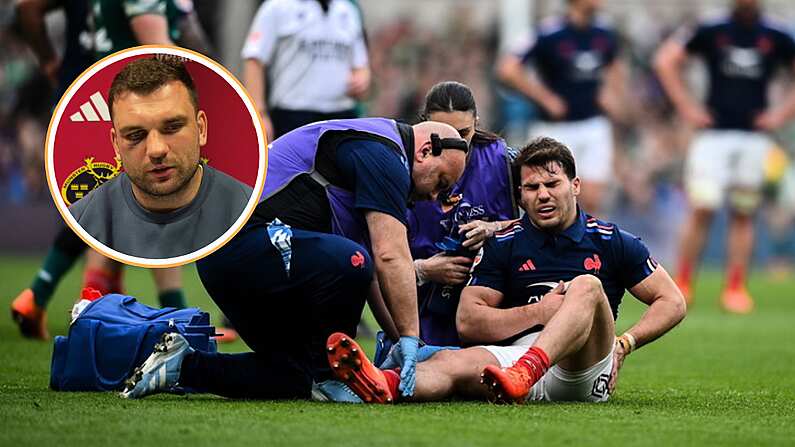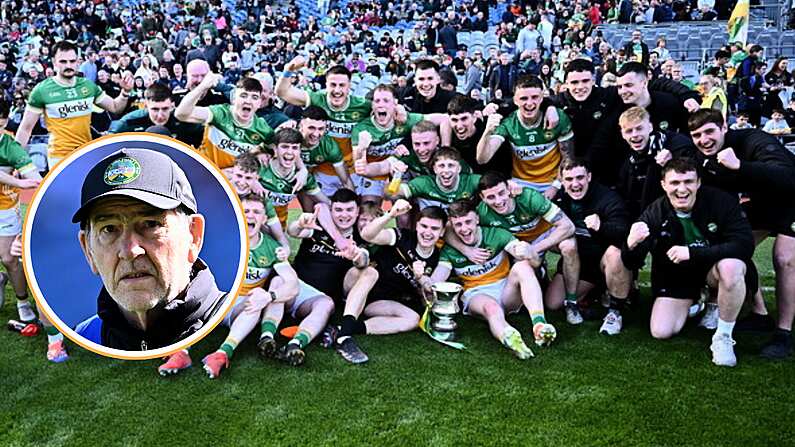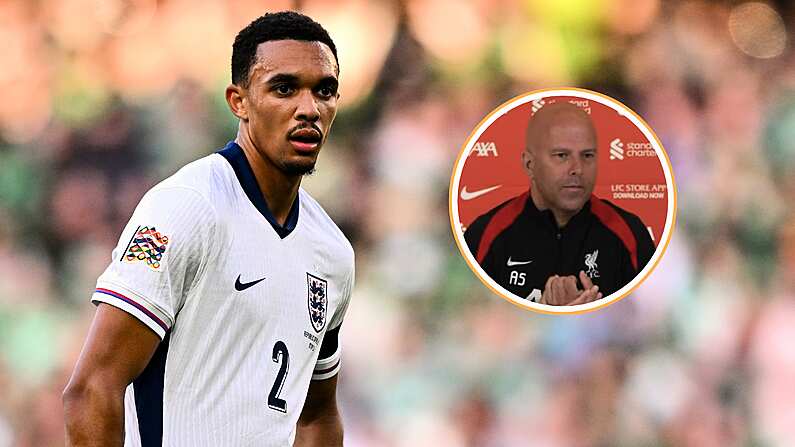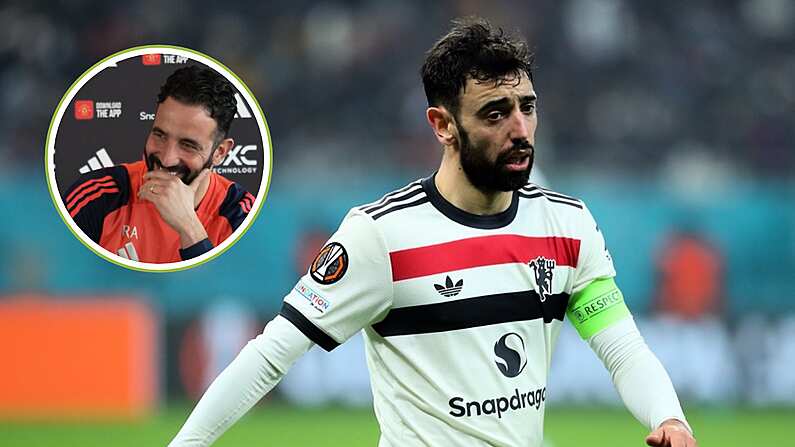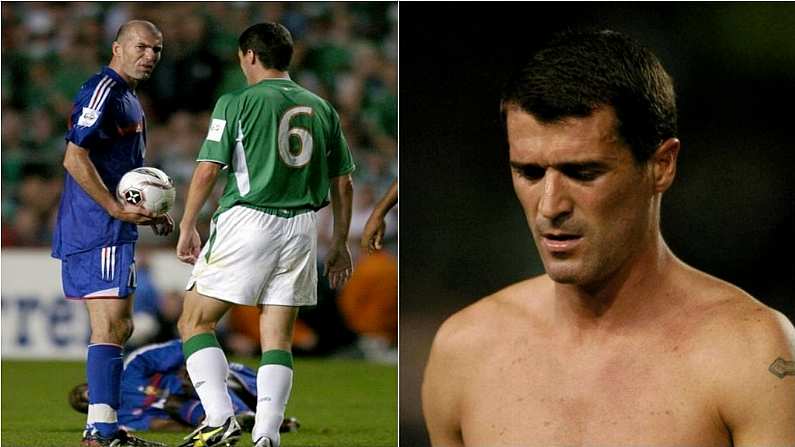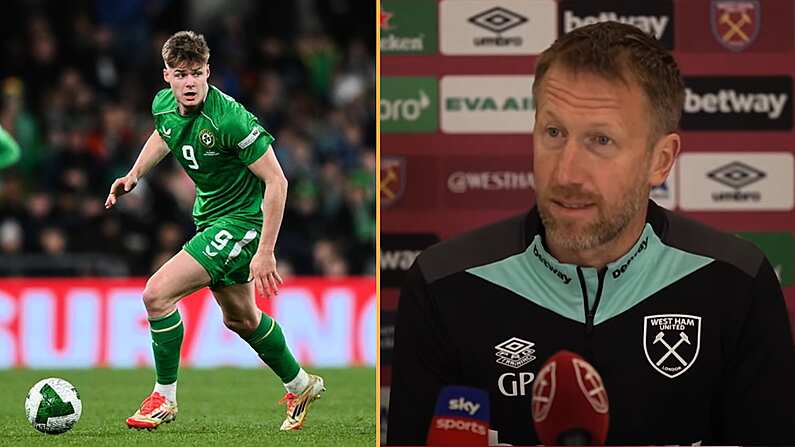The World Cup hasn't even started yet and the football world is already a flutter with transfer window nonsense, such as the Manchester Evening News trying to predict what Gareth Bale's number will be at Manchester United. The trickle of transfer rumours right now is the springing the stream that will inevitably become a flood of tabloid headlines and fake Twitter accounts telling us which Ligue 2 midfield destroyer is making his way from the south of France to the English midlands this summer.
The mega movers are already making their presence known on the market. Man City are set to pay a club record fee to Leicester City for the services of languid winger Riyad Mahrez, who has been itching for a move ever since guiding the Foxes to the Premier League title two seasons ago. The reported £60m fee is not only instructive of how much the top clubs are willing to spend to get ahead of their rivals, but why expensively assembled recruitment departments are now a common feature of clubs in the Premier League.
"Even Alex Ferguson made a few bad signings" is a truism we've heard bashed out down the years in discussions about the dangers of the transfer window. Massive sums of money slosh around the major leagues of Europe in the hope that the final piece of the puzzle can be found, that the perfect squad can be created through either shrewd business or just throwing loadsamoney at the problem.

Aside from the information provided by his scouts, the former Man United manager did it all by himself, handpicking the players he wanted at Old Trafford. Arsene Wenger did much the same at Arsenal, but with his retirement, their ilk will likely never hold such a prominent position again. West Ham did just hire Manuel Pellegrini with the promise of full control over transfer window activity, but this is the exception that proves the rule. Every competent club knows this is no longer the way to run a successful club, replacing the autocracy of the manager with the technocracy of transfer committees and sporting directors.
Steve Walsh was the poster child of this new wave in English football transfer stratagem. I say "was" because at the end of the season just gone he was let go as Director of Football by Everton after a dismal year on the pitch saw the team fearing relegation until the arrival of Sam Allardyce in the dugout. They comfortably finished in the top half of the table, but it is rumoured that Walsh was shunted out of the decision-making process after suggesting the vacant managerial role should be filled by, ironically, Sam Allardyce. At that point the club, evidently disappointed by his lack of imagination, realised he might not be the man they thought him to be.
Walsh, the brother of former Republic of Ireland international Mickey, made his name as a head scout by plucking incredible talents from obscurity, such as Mahrez. The Algerian's success since joining Leicester from La Havre in 2014 is testament to the great job he did at the club. As are the achievements of Jamie Vardy and N'Golo Kante, the Premier League Player of the Season in 2015 and 2016 respectively. Without Walsh, would Mahrez be going to Eastlands or would Vardy and Kante be on the plane to Russia for the World Cup? It's possible, but unlikely.
There are huge rewards to be unearthed in the transfer market if you dig deep enough. Walsh proved that at Leicester. There are, of course, huge risks as well. Just ask Ferguson about Kleberson or Eric Djemba-Djemba. The Toffees, wanting to replicate his successes for their benefit, didn't see Walsh as a risk at all though. To them he was a sure thing, but there is no such thing in football.
There are several reasons Everton failed to live up to expectations this past season, many of them are not Steve Walsh's fault. It's important however, to look at why it didn't work for the Englishman at Goodison Park. The Merseyside club wanted a quick turnaround for their investment, with owner Farhad Moshiri investing nearly £290m in transfers since buying a 49% stake in February 2016. The pressure at every club in the top flight is fierce, but it's especially intense when your team has spent more than Man United in the summer.
Never forget Steve Walsh pissing 200 mil up the wall
— goodisonblue?? (@goodisonblue2) May 24, 2018
It was strange then that they would hire Walsh, given he has no track record of instant success. His work takes time to yield results, something Everton clearly did not take into consideration. The difference between the positions of Head Scout and Director Of Football may not seem that great, the two jobs essentially boil down to evaluating talent. But at Everton he could no longer actively go to games himself to scout potential targets, he was now relying on his staff to give him the necessary data and information. Combining the subtle shift in his role with the need for instant gratification, the club ended up making a series of really bad moves in the transfer window.
Walsh is not the first to fall foul of the Transfer Guru tag, and he won't be the last. Graham Carr had a period of prosperity at Newcastle United after becoming their chief scout in 2010. The former journeyman footballer scoured the French, Dutch and German leagues to sign underrated players like Yohan Cabaye, Hatem Ben Arfa and Cheick Tiote. The Magpies quickly went from being a newly promoted side to qualifying for Europe, and Carr received an eight-year contract extension as his reward in 2012. The well soon dried up, with the club suffering relegation in 2016. He was sacked in the summer of 2017 after the club was promoted back to the Premier League, with three years still remaining on his deal.
A newfound advantage doesn't stay that way forever. Even when someone does find the key to unlocking the transfer window, they soon find others trying to pick the lock. With every club looking for that edge, there is no perfect method or algorithm for signing new players.
Main image via Shutterstock

